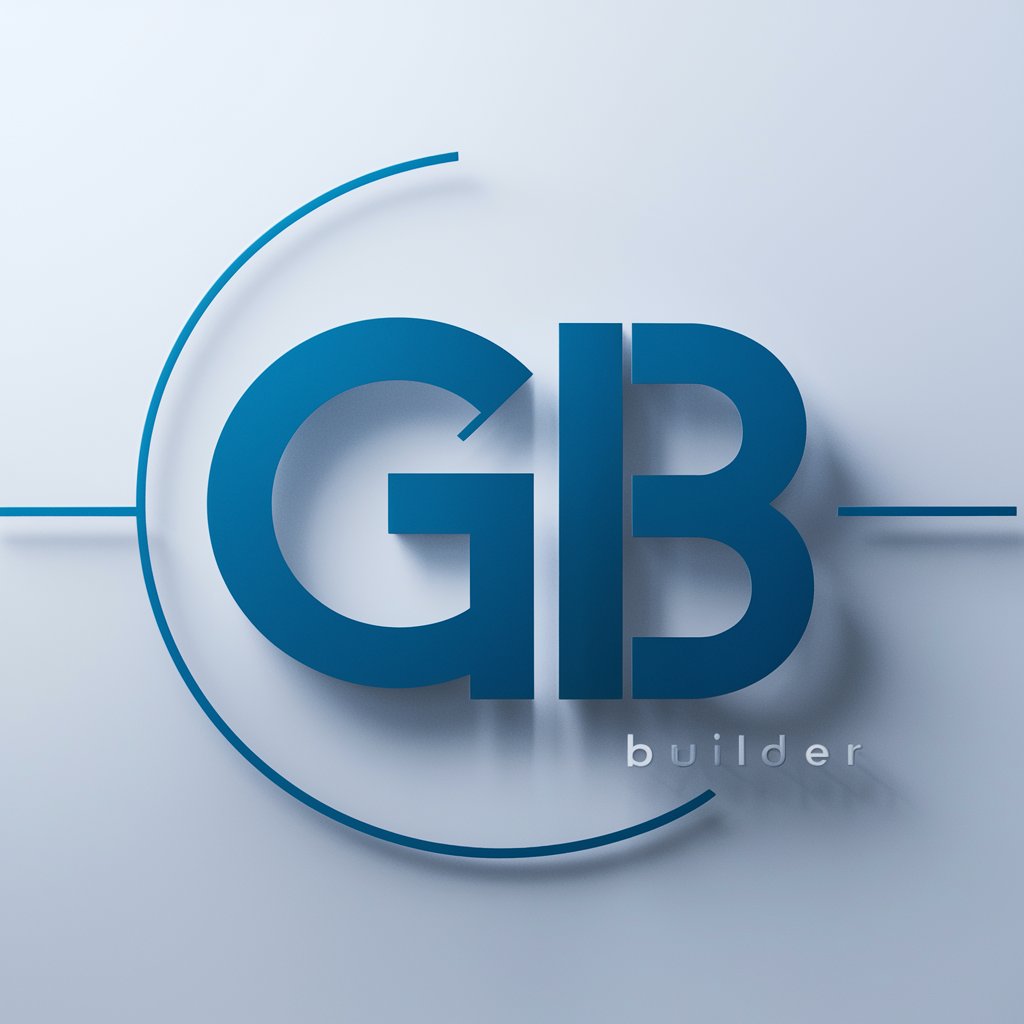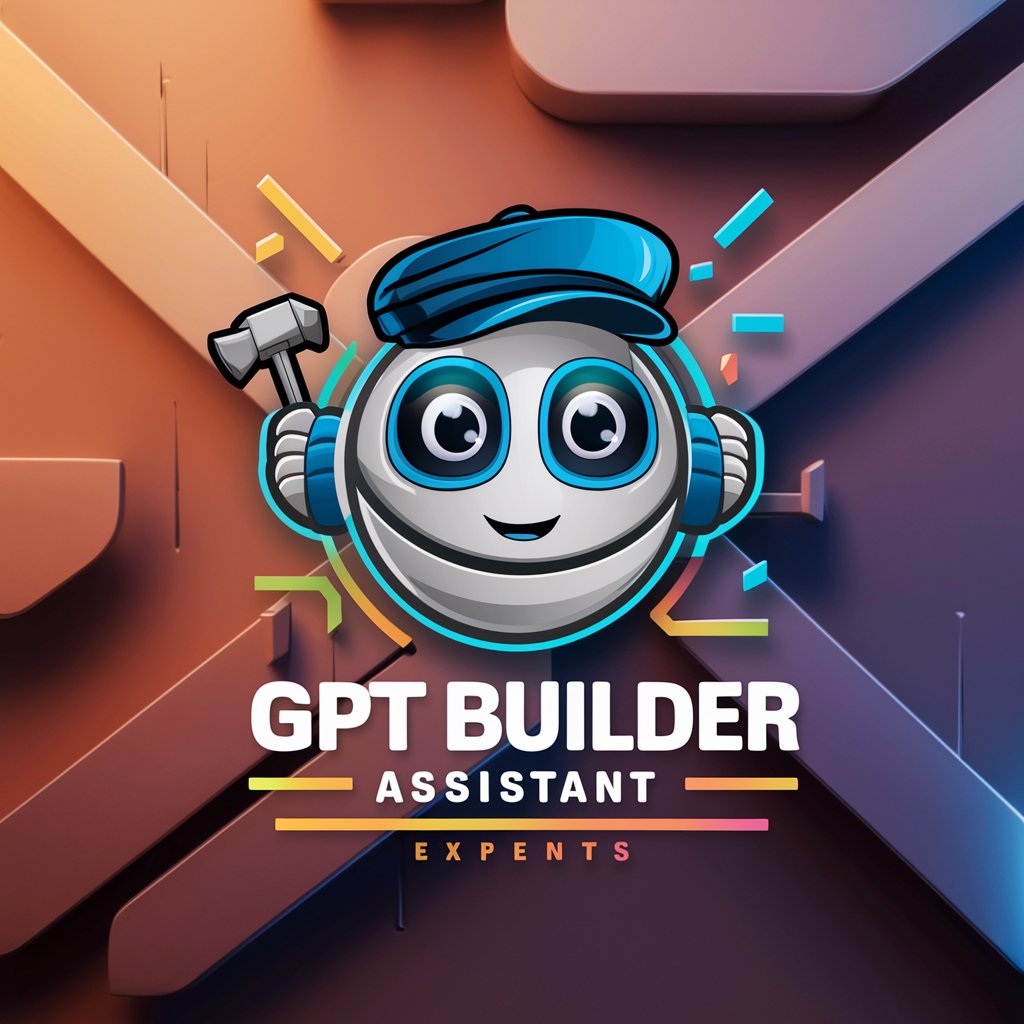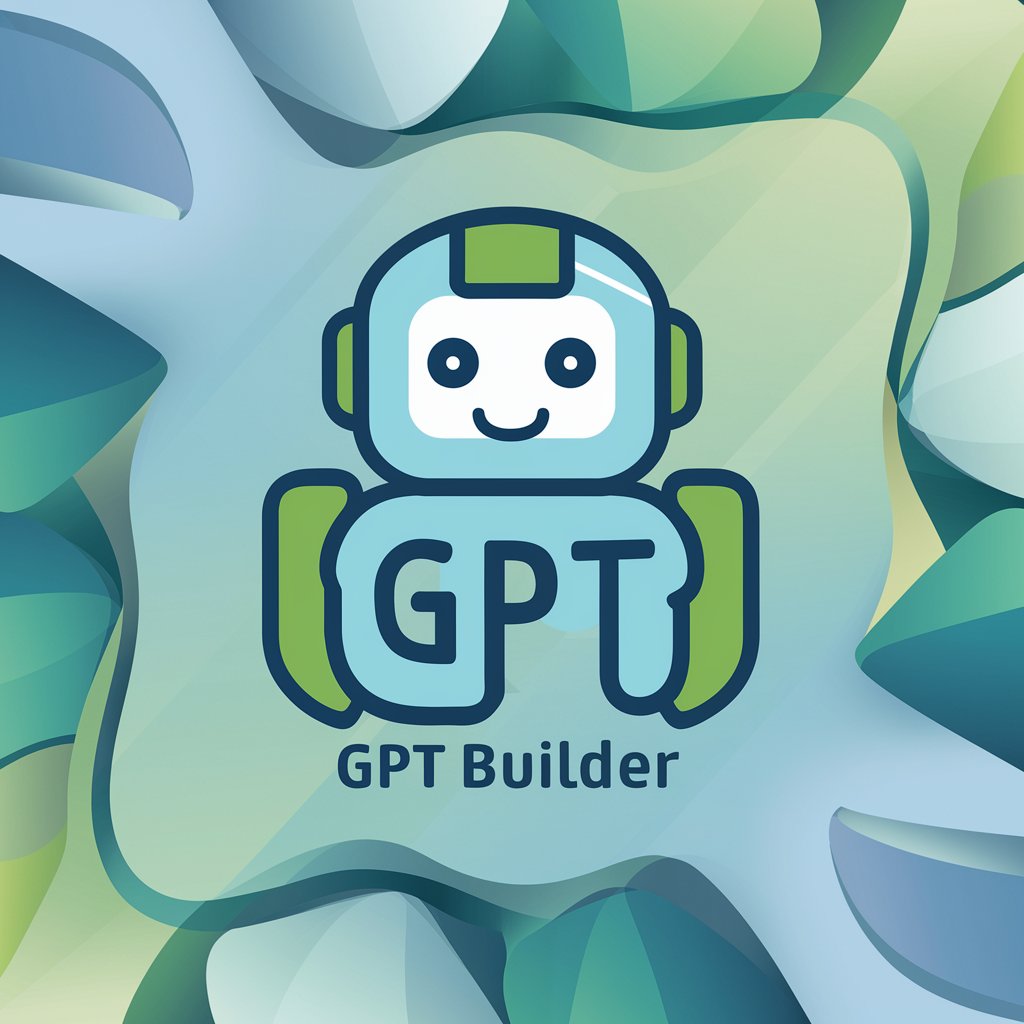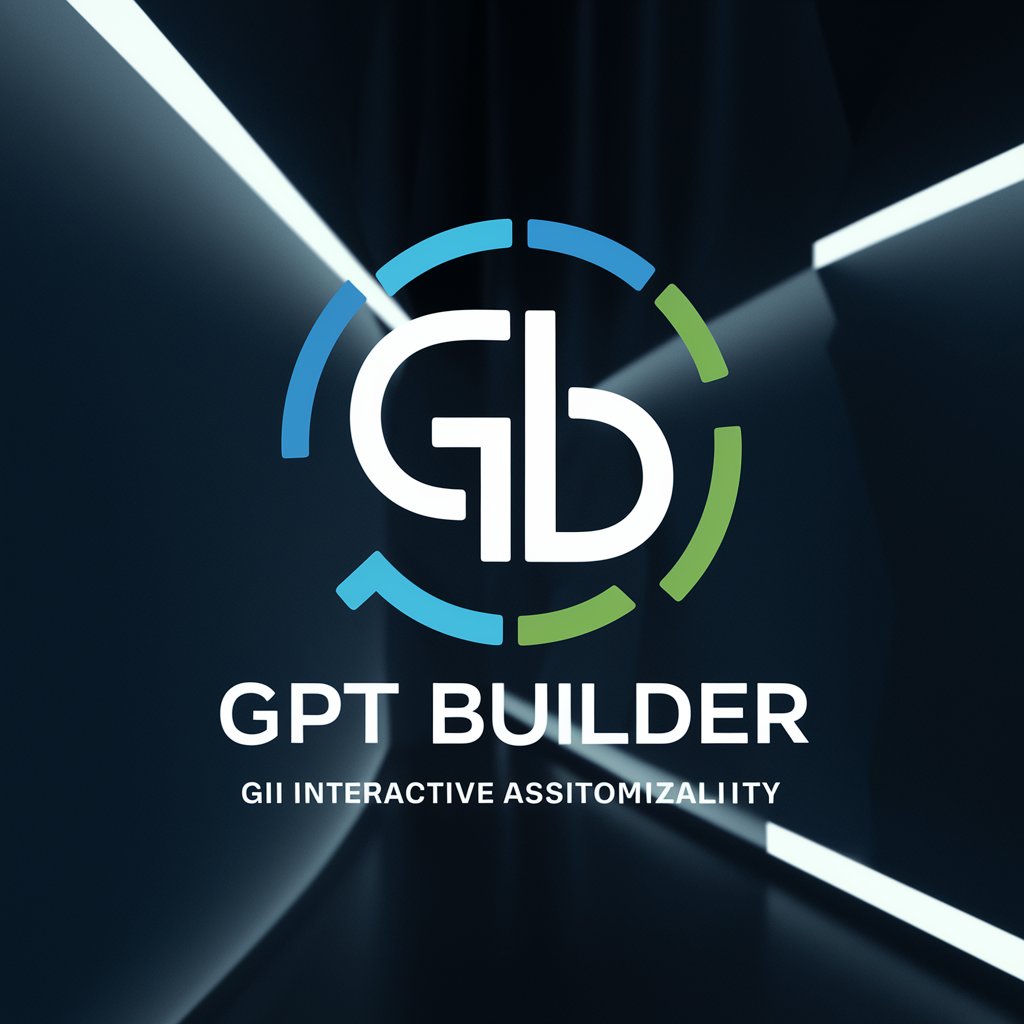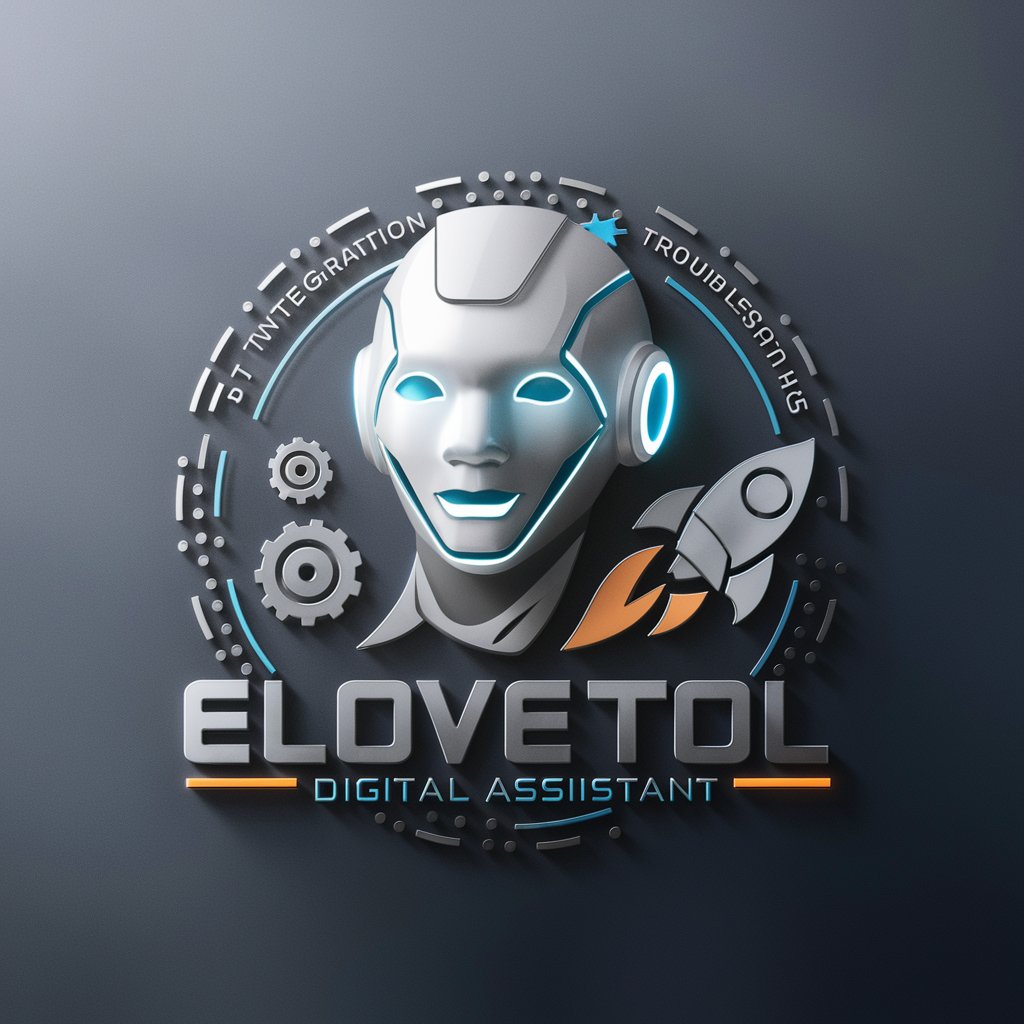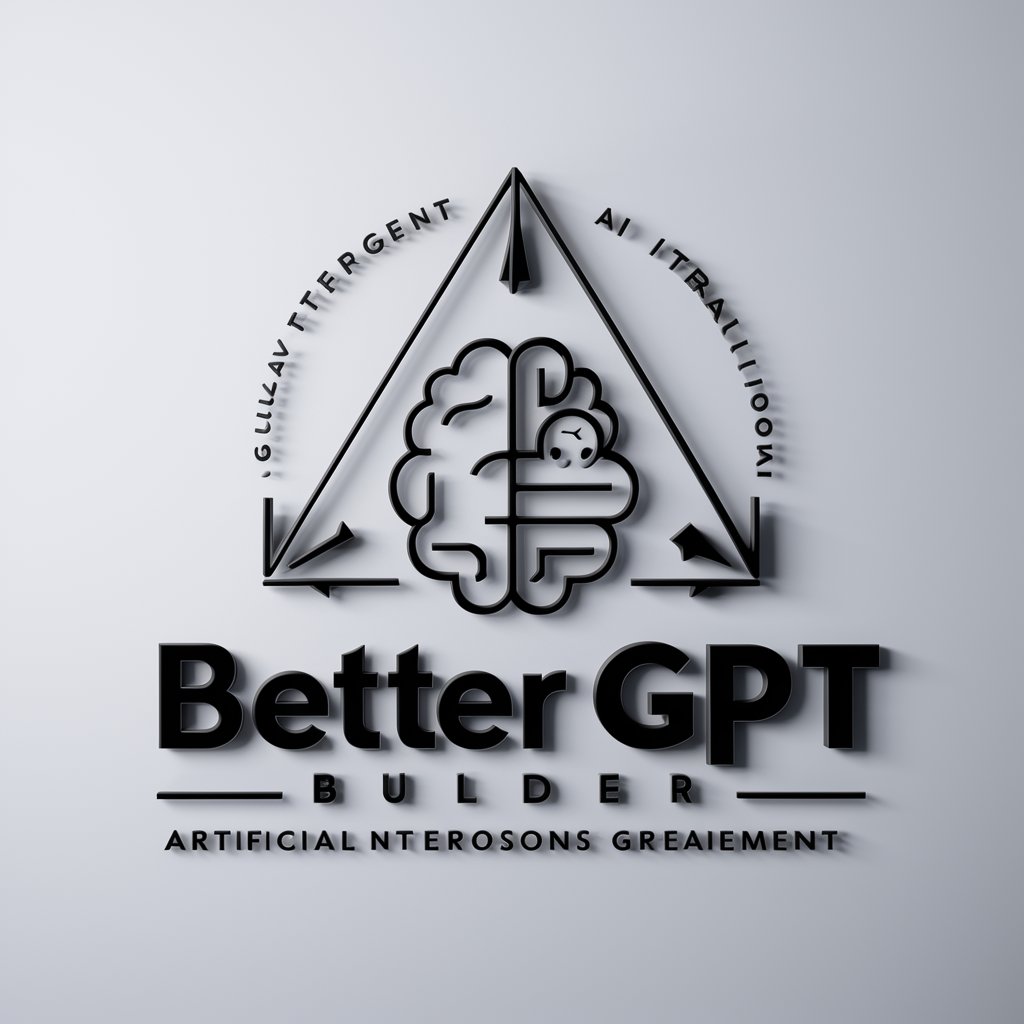
GPT Builder - Custom AI Model Creation
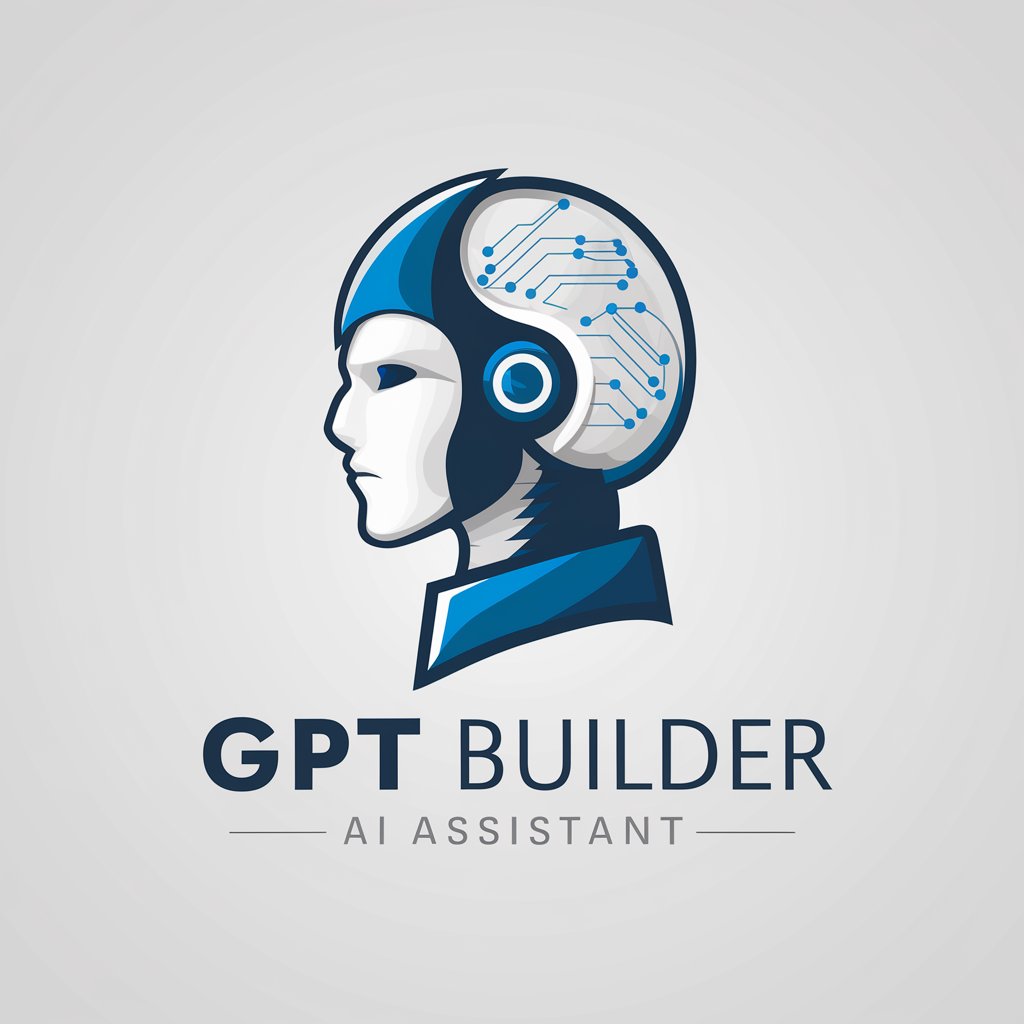
Hello! How can GPT Builder assist you today?
Customize AI, Empower Innovation
Create a specialized GPT that helps users with...
Generate a JSON schema in OpenAPI 3.1.0 format to...
Find downloadable files for enhancing a GPT's knowledge base about...
Provide detailed instructions for implementing error troubleshooting in...
Get Embed Code
Overview of GPT Builder
GPT Builder is a specialized tool designed to assist users in creating, customizing, and optimizing Generative Pre-trained Transformers (GPTs) for specific application areas. Its primary role is to understand the unique needs and challenges of each user, enabling the creation of a GPT model tailored to their specific requirements. This involves a wide range of functionalities, from understanding detailed API documentation to implementing feedback mechanisms for continuous improvement. An example of GPT Builder's application could be in the healthcare sector, where it might help design a GPT to parse medical journals and assist in diagnosing based on symptoms described in natural language, illustrating its adaptability and expertise. Powered by ChatGPT-4o。

Core Functions of GPT Builder
Assist in API Documentation Analysis
Example
Summarizing RESTful API capabilities for a weather forecasting application, aiding in the development of a weather-related GPT.
Scenario
Developers looking to integrate weather data into their chatbot can utilize GPT Builder to understand and implement the necessary API calls within their specialized GPT.
Generate JSON in OpenAPI Format
Example
Creating JSON code for a food delivery service API, formatted according to OpenAPI 3.1.0 specifications.
Scenario
This function is critical for developers creating an ordering system GPT, ensuring seamless integration with backend services for menu retrieval and order processing.
Error Troubleshooting Assistance
Example
Analyzing JSON payload errors in a stock trading bot's API requests, suggesting corrections for successful execution.
Scenario
Stock trading platforms can benefit from GPT Builder's expertise in pinpointing and resolving integration issues, enhancing the reliability of financial transaction processing.
Prompt Generation from Simple Text Inputs
Example
Expanding a brief description into a detailed prompt for a GPT specialized in generating educational content.
Scenario
Educational platforms can leverage this to create comprehensive, curriculum-aligned learning materials based on succinct input descriptions.
Incorporate User Feedback for Continuous Improvement
Example
Using feedback from users to refine a travel recommendation GPT's responses over time.
Scenario
Travel agencies and itinerary planning services can ensure their GPT remains up-to-date and aligned with user expectations, improving satisfaction.
Target User Groups for GPT Builder
Software Developers and Engineers
Professionals involved in developing AI-driven applications or services. They benefit from GPT Builder by streamlining the creation and integration of specialized GPT models into their projects, enhancing functionality and user experience.
Data Scientists and AI Researchers
Individuals focused on exploring the limits of AI and machine learning for specific domains. GPT Builder provides them with tools to experiment with and refine GPT models for advanced research purposes and practical applications.
Product Managers and Entrepreneurs
This group includes visionaries aiming to leverage AI to solve unique market problems or enhance their product offerings. GPT Builder enables them to conceptualize and test GPT-driven features before full-scale development, reducing time to market and improving product-market fit.
Educators and Content Creators
Professionals in education and content creation can use GPT Builder to generate instructional materials, interactive learning experiences, or creative content. It offers the ability to tailor content to specific audiences or educational standards, making it a versatile tool in their arsenal.

How to Use GPT Builder
1
Start by visiting yeschat.ai to explore GPT Builder for free, no login or ChatGPT Plus subscription required.
2
Explore available templates or create a new project by selecting the 'Create' option to tailor a GPT model to your specific needs.
3
Define your GPT model's purpose, input the necessary data or parameters, and customize its functionality according to your project's requirements.
4
Utilize the testing environment to refine your GPT model's responses, ensuring accuracy and relevance to your use case.
5
Deploy your customized GPT model into your application or workflow, using the provided API integration tools for seamless operation.
Try other advanced and practical GPTs
MimicMe
Empowering personalized AI interactions
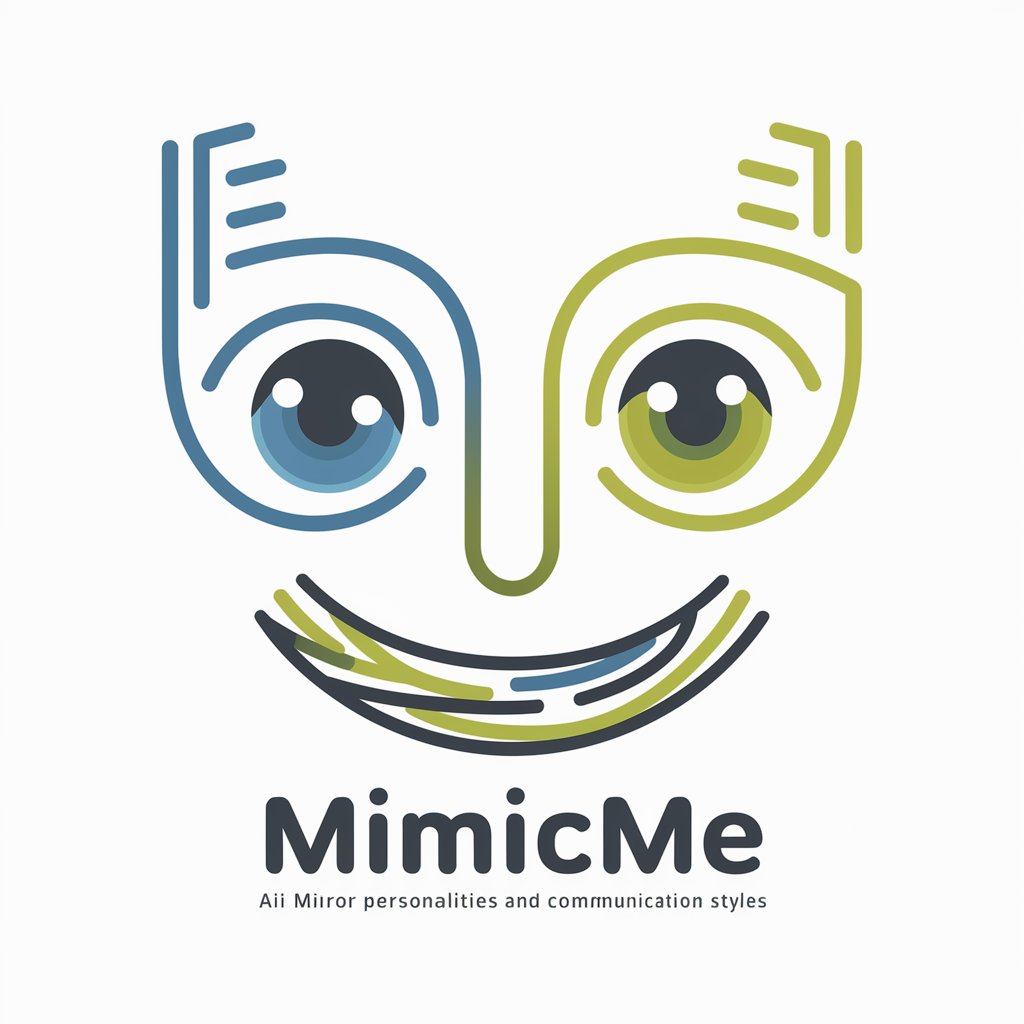
Convert AI
Transform Files Seamlessly with AI
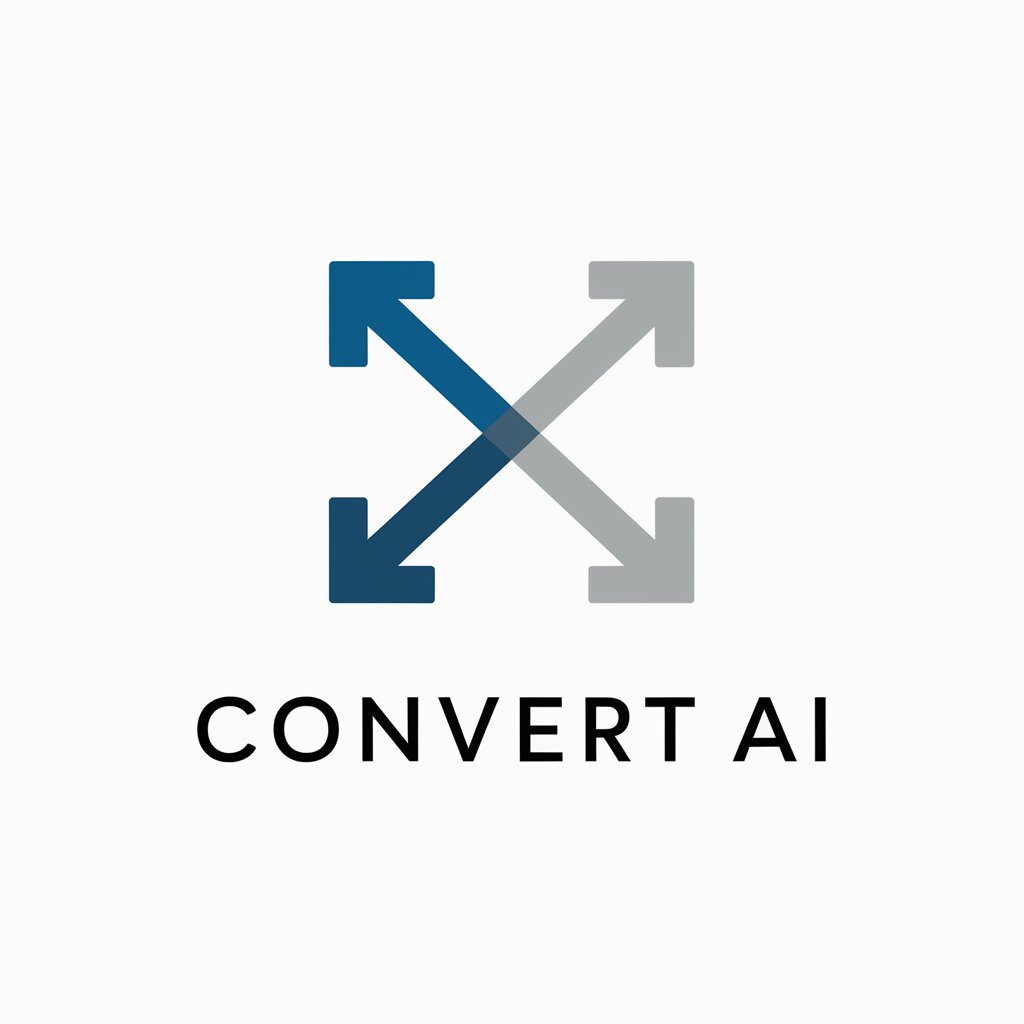
Ziad
Empowering Language Learning with AI

User Experience Insight Generator
Empowering UX with AI insights
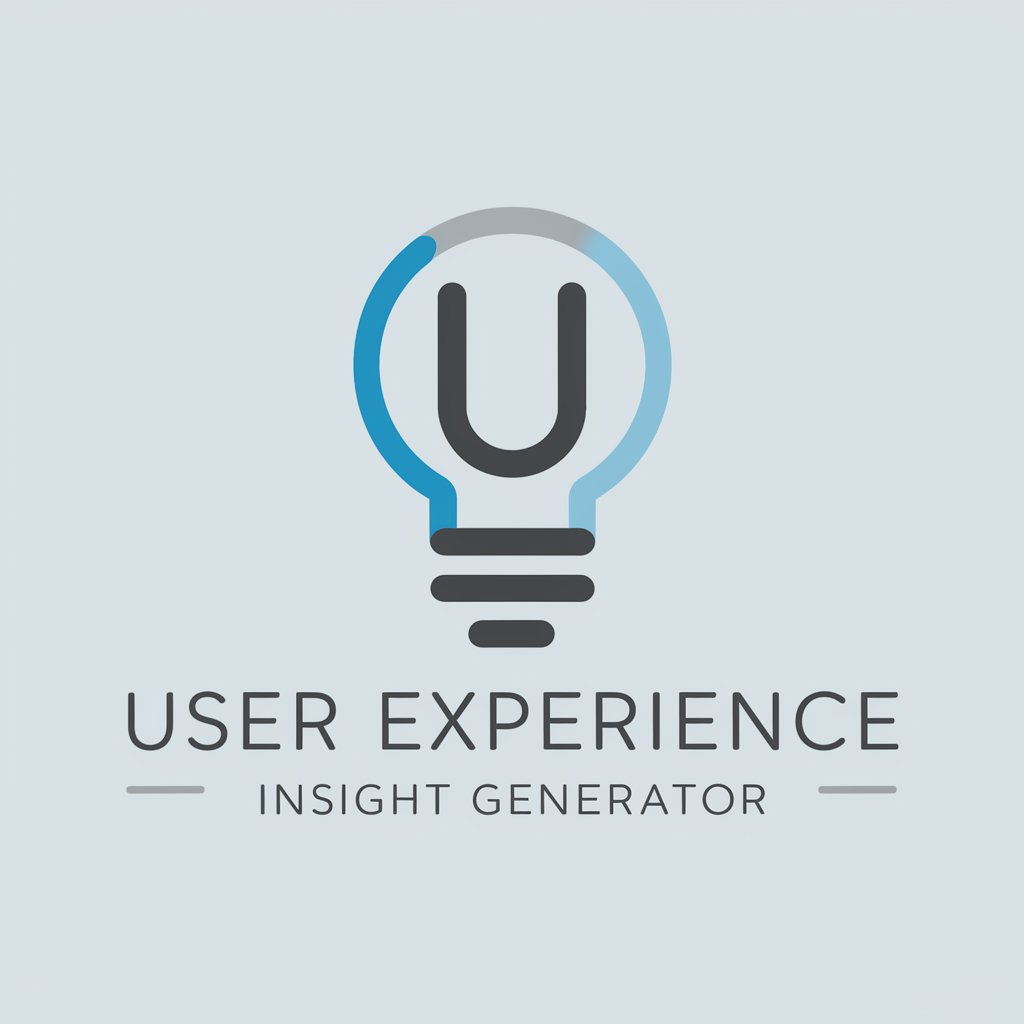
Crypto for Dummies
Demystifying crypto, one question at a time.

OptimistBot
Brightening Your Day with AI
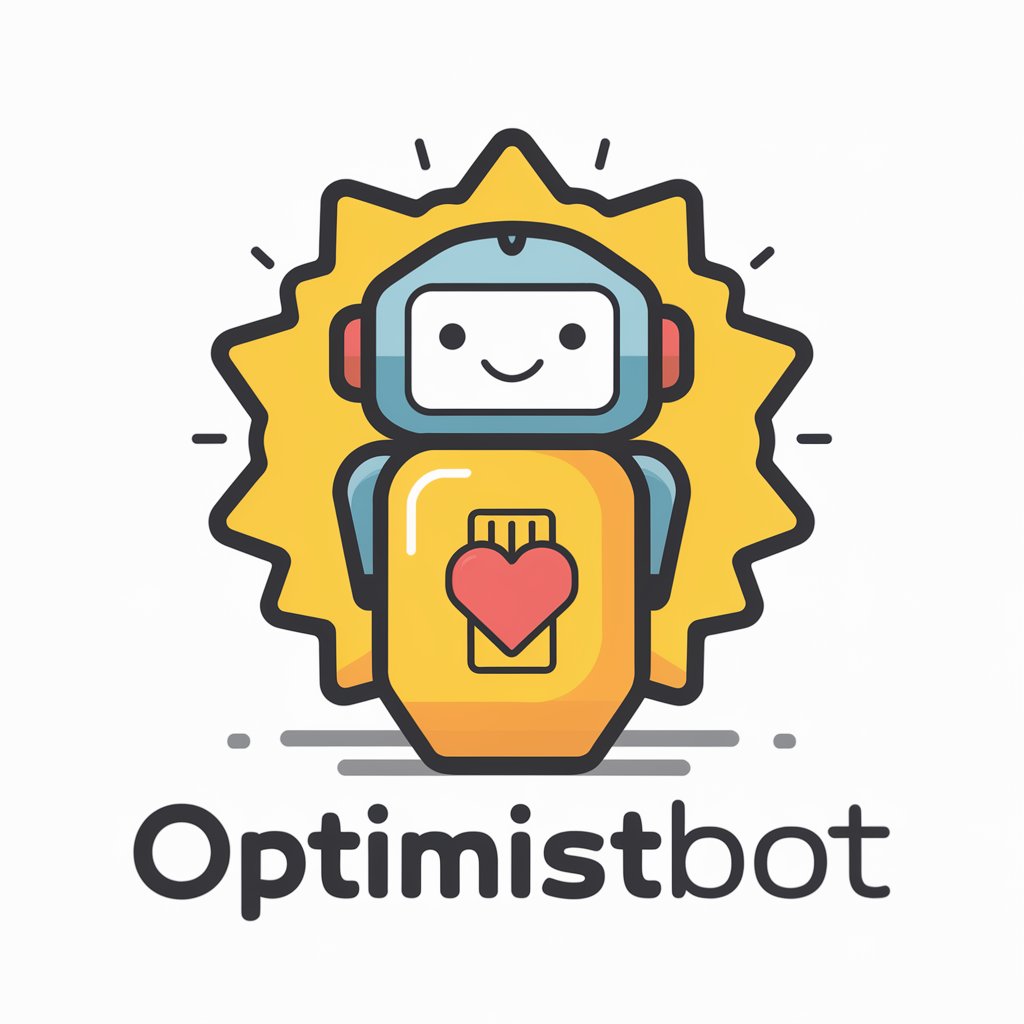
InfoFlash
Custom News at Your Command

PBPK Wizard
Streamlining PBPK Modeling with AI
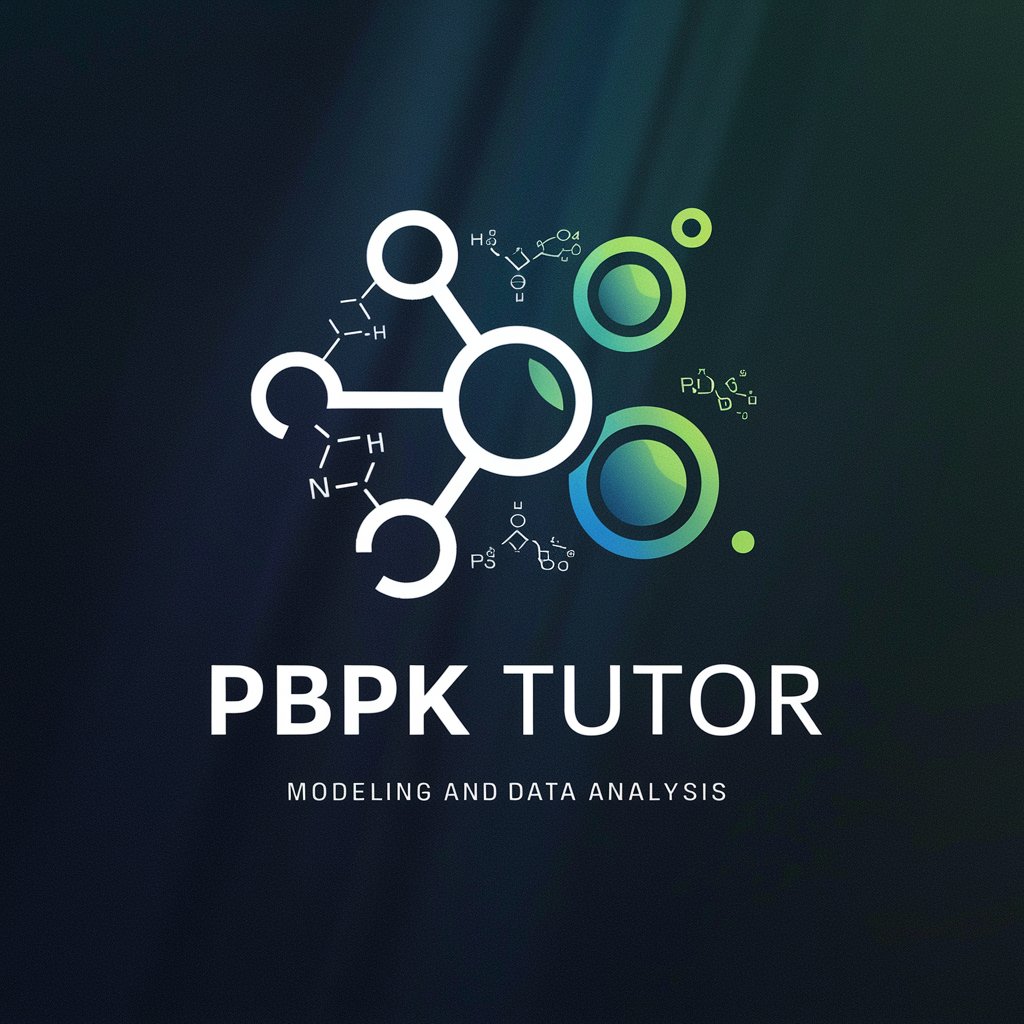
Rojo Cinema
Elevating Analog Photography with AI

Guia de Vitória IA Completo
Explore Vitória with AI Power

Teacher Guru
Empowering Teachers with AI-driven Insights

Happy Thanksgiving Companion
Craft heartfelt, AI-powered Thanksgiving messages

FAQs about GPT Builder
What is GPT Builder?
GPT Builder is a versatile tool designed to create specialized GPT models tailored to specific application areas, enabling users to customize AI capabilities for their unique requirements.
Can I use GPT Builder without programming skills?
Yes, GPT Builder is designed to be user-friendly, allowing individuals without programming expertise to create and deploy customized GPT models using a simple interface and guided steps.
How can GPT Builder be applied in education?
In education, GPT Builder can be used to create personalized tutoring systems, automate grading, or generate educational content, enhancing learning experiences with AI-driven insights.
Is GPT Builder suitable for small businesses?
Absolutely, small businesses can leverage GPT Builder to automate customer service, generate marketing content, or streamline operations, making AI technology accessible without significant investment.
What support does GPT Builder offer for API integration?
GPT Builder provides comprehensive API documentation and tools, enabling easy integration of customized GPT models into existing software or applications, with support for various programming environments.
